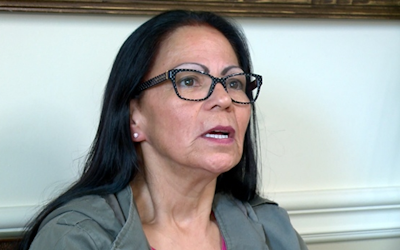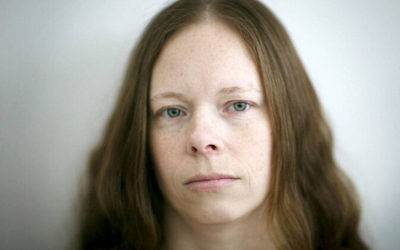About 3% of women in Canada are Indigenous, yet they comprise almost 50% of the incarcerated female population. The overrepresentation of Indigenous people in Canadian prisons has led some to describe them as the "new residential schools." Imprisoned Indigenous women experience high rates of self-harm and are often placed in higher security environments than their non-Indigenous counterparts. They are more likely to suffer harsh conditions including prolonged solitary confinement, which has been internationally condemned as a form of torture.
Indigenous women experience wrongful convictions in the context of pervasive issues of colonialism, racism, and systemic discrimination. Many also face intersectional disadvantages that negatively affect court outcomes, for instance pressure to plead guilty to domestic violence charges despite having acted in self-defence, in order to protect Indigenous loved ones from imprisonment. (See the Spotlight on False Guilty Pleas.)
Further incentives to plead guilty include the disproportionate rate at which Indigenous women are denied bail, disadvantaged in the justice system due to a criminal record, subjected to abusive treatment in prison, and alienated from the hostile colonial justice system such that it seems fruitless to engage with this process.
It is likely, in light of these barriers, that a large number of Indigenous women's wrongful convictions have yet to be recognized and may never be rectified.

